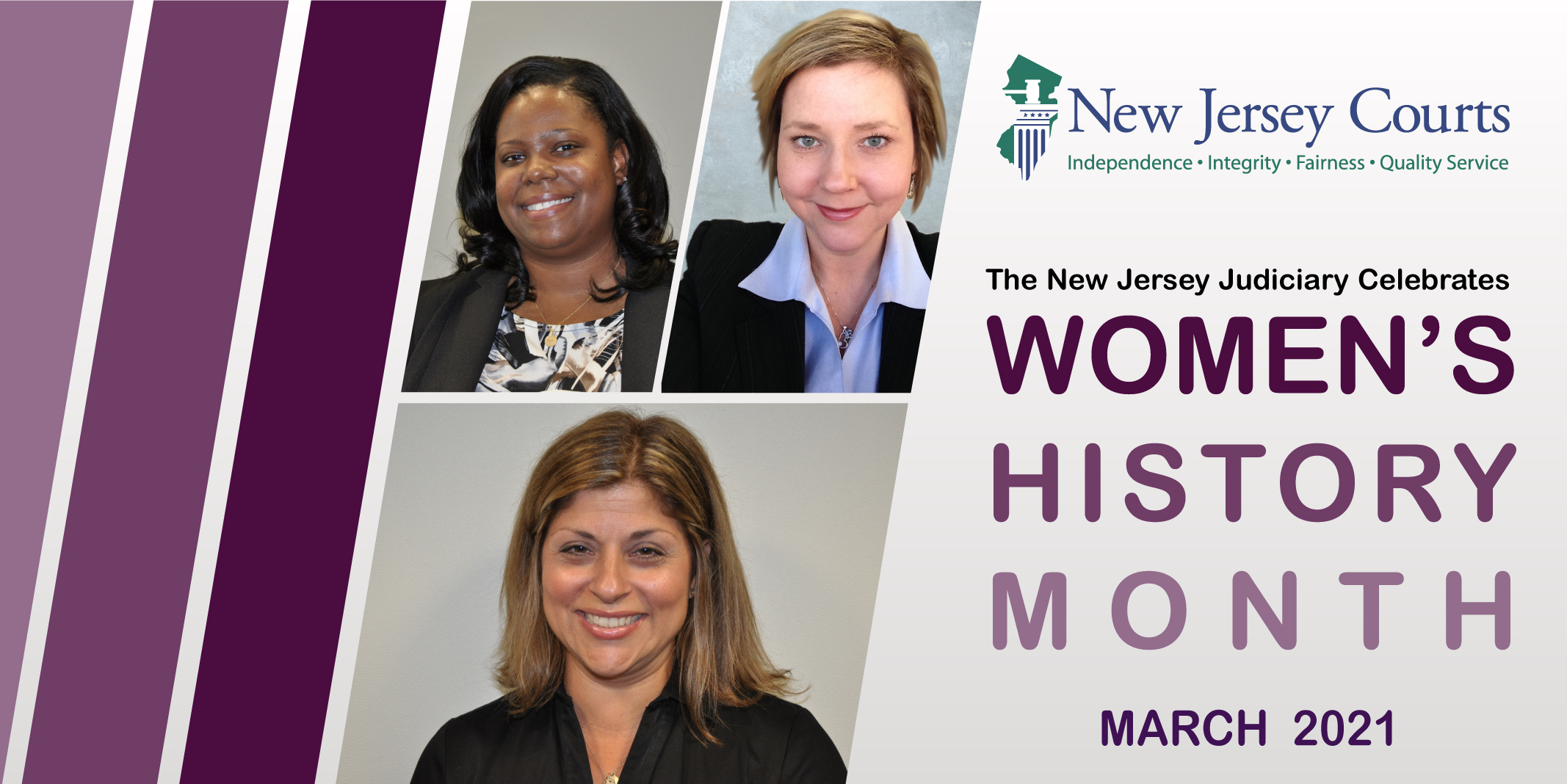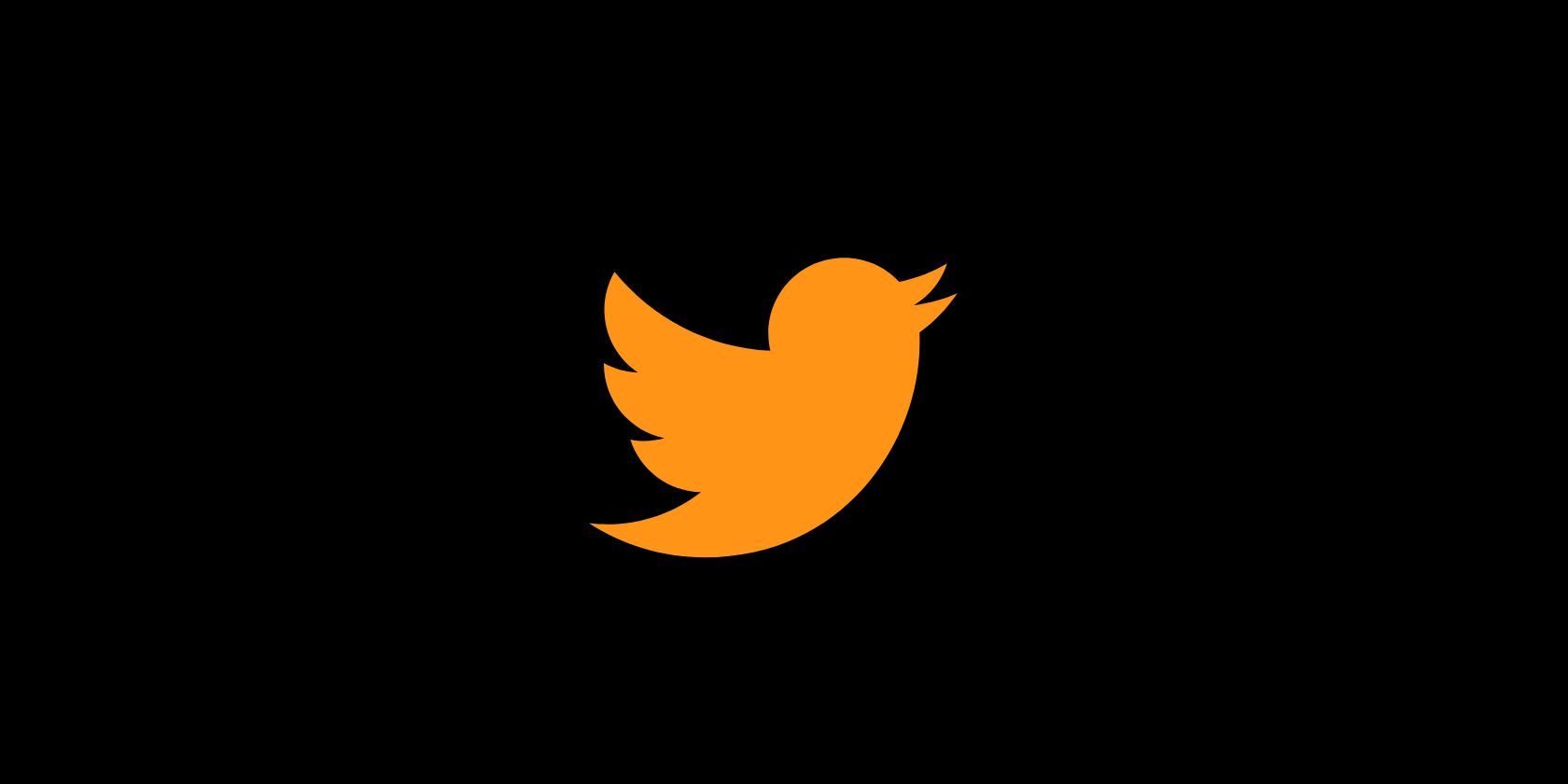Eric Segall Twitter
Eric Segall Twitter - Unpacking Information Threads
When we think about information, it's almost like a giant, sprawling web, isn't it? We get tidbits from all sorts of places, sometimes in unexpected ways, and it all comes together to form a bigger picture. Whether it's about public figures, important resources, or simply what's happening in the world of words, staying informed feels like a pretty central part of daily life for so many of us.
You see, there are so many different kinds of knowledge out there, and it comes to us through various channels. Some of it is carefully gathered and made available for serious study, while other bits are shared through personal stories or public announcements. It’s a bit like collecting puzzle pieces from different boxes, if you will, and then seeing what sort of picture starts to form.
This exploration is going to look at some of those information streams, drawing from various pieces of data that, frankly, share a common thread, perhaps a name, or a focus on making knowledge available. We’ll be considering how different bits of information, sometimes connected by an “Eric” or a shared purpose of sharing facts, actually come to light for people who are interested.
- Why Kevin Costner Out Of Yellowstone
- Olivia Milton John
- Why Did Jamie Fox Hide His Health Issues
- Kenny Loggins We Are The World
- Is Rudy Pankow Leaving Outer Banks Season 4
Table of Contents
- Getting to Know the Erics We're Talking About
- What's the Deal with ERIC, the Database?
- How Does Eric Dane's Story Connect?
- Are Literary Prizes a Form of Information Sharing?
- What About Library Advocates and News?
- More on Information Access
- Exploring the Depths of Educational Knowledge
- Public Figures and Personal Journeys
- Celebrating Words and Ideas
Getting to Know the Erics We're Talking About
It's rather interesting how a name can pop up in completely different contexts, isn't it? Here, we're looking at a few distinct "Erics" and the ways information about them, or information they represent, gets put out into the world. We're not talking about one single person's social media feed here, but more about how different sources bring us news and details, which is actually quite varied.
What's the Deal with ERIC, the Database?
So, when you hear "ERIC," your mind might go to a person, but in one very important instance, it's about a massive online collection of education research and information. This particular ERIC, you see, is something supported by the Institute of Education Sciences, which is part of the U.S. Department of Education. It's essentially a really big digital place where you can find all sorts of academic papers and reports that have to do with education. It's a key resource for folks doing schoolwork or just trying to learn more about teaching and learning, honestly.
It gives people a way to look at a huge collection of written works, more than a million, in fact. These are brief summaries of articles from academic publications and other written pieces that touch on education. It's freely available, which is pretty cool, as it means anyone can access this wealth of knowledge without having to pay for it. The Institute of Education Sciences, which sponsors it, makes sure it stays open for everyone to use, which is a good thing for spreading knowledge.
- Swizz Beatz Divorce
- What Happened To Brett Gardners 14 Year Old Son
- Astrology In June
- Who Is Stevie Wonder Married To
- Alexa Penavega And Mark Ballas
There's even a guide, from 2021, that explains how this ERIC collection is put together and what you can find in its various sections. It’s like a map for this big information store. Plus, they have a recorded presentation that gives you a quick look at how it all works and then goes into more detail about what's inside. It seems pretty clear that this ERIC is all about making educational facts easy to find and use.
How Does Eric Dane's Story Connect?
Then there's Eric Dane, the actor many people know from television shows like "Grey's Anatomy" and "Euphoria." His story is a very personal one, and it shows how public figures sometimes share their private health battles. We've heard that he's been living with ALS, which is also called Lou Gehrig's disease. He has, unfortunately, lost the use of his right arm because of it, which is obviously a really tough situation.
He's been pretty open about it, which is something you don't always see. He mentioned in his very first television interview since telling everyone about his ALS that he's actually part of a research effort and is taking some kind of medicine. It sounds like he's doing what he can to manage things. He seemed to have a hopeful outlook, which, you know, is truly inspiring for people facing such big challenges. His willingness to speak out about his health is a way he shares information with the public, offering a glimpse into his personal experience.
Are Literary Prizes a Form of Information Sharing?
When we talk about literary prizes, like the Windham-Campbell Prize, we're certainly talking about a different kind of information, aren't we? These awards, which started back in 2013, are given out every year to recognize truly outstanding writing in fiction, non-fiction, plays, and poetry. It’s a way of saying, "Hey, these writers have done something special, and you should probably know about their work."
This year, for example, eight writers were given this international honor because of their impressive achievements or their promising talent in these different writing forms. Each of them receives a rather generous sum of money, a hundred seventy-five thousand dollars, which is pretty significant. It’s a big deal for the authors, of course, but it's also a way for the literary world to tell readers, "Here are some voices worth paying attention to," which, you know, is a kind of valuable information itself.
Some of the people who received this award include Jennifer Nansubuga Makumbi, who writes from Uganda and the United Kingdom, and Cathy Park Hong from the United States. These prizes highlight important works and bring attention to writers who might not otherwise get such a broad spotlight. It's a way of circulating information about good books and important authors to a wider audience, which is definitely a form of sharing knowledge.
What About Library Advocates and News?
And then, there's the news about library advocates, which, in a way, ties into the whole idea of access to information. The New York Times, for instance, reported on how people who support libraries are really coming together to stand up for them. This is about ensuring that places where knowledge is freely available continue to be supported and protected. Libraries are, after all, central spots for getting information, whether it’s books, or internet access, or learning resources.
This kind of news shows us how important people consider open access to knowledge to be. When advocates rally, it’s a public display of support for institutions that are all about sharing information with everyone in a community. It’s a reminder that even in this very digital age, physical spaces that provide knowledge and learning opportunities are still seen as incredibly valuable.
More on Information Access
It seems pretty clear that information comes in many forms and is shared through many different channels. From highly organized academic databases to personal stories shared by public figures, and even through the recognition of creative works, the way we get our facts and insights is incredibly varied. It’s a continuous flow, really, with different sources contributing their own particular kind of data.
Exploring the Depths of Educational Knowledge
The ERIC database, as we talked about, is a huge effort to collect and make available a vast amount of educational research. It's sponsored by a part of the U.S. government, which means it's considered a public good. This collection helps students, teachers, and researchers get their hands on studies and reports that might otherwise be hard to find. It’s about making sure that the work done in education can be built upon by others, which is pretty essential for progress in any field, you know.
The fact that it offers access to over a million summaries of articles and reports means there’s a truly deep well of information there. The guides and webinars they provide are just ways to help people make the most of this resource, showing them how to find what they need and how the whole thing is set up. It’s a systematic way of organizing and presenting knowledge, ensuring that those who need it can find it with relative ease.
Public Figures and Personal Journeys
Then, there’s the information that comes from public figures like Eric Dane. When someone well-known shares a personal struggle, like a health condition, it often brings a lot of public awareness to that issue. His openness about living with ALS, for example, not only tells us about his personal journey but also sheds light on the condition itself. It can encourage others to learn more, or even to seek help if they or someone they know is going through something similar.
His participation in a research study and his hopeful outlook, as reported, also offer a glimpse into the ongoing efforts to understand and treat such conditions. It’s a different kind of information sharing than an academic database, obviously, but it’s still very impactful. It shows how personal stories, when shared, can contribute to a broader public conversation and understanding, which is really quite powerful.
Celebrating Words and Ideas
And finally, the information that comes from literary awards points to the value society places on creative expression and intellectual thought. When prizes like the Windham-Campbell are given, they aren't just celebrating individual writers; they're also celebrating the ideas, stories, and insights these writers bring into the world. It’s a way of saying that fiction, non-fiction, drama, and poetry are important ways we make sense of our experiences and learn from one another.
The fact that these awards recognize excellence across different forms of writing means they are pointing to a wide range of human experience and thought. By highlighting authors like Jennifer Nansubuga Makumbi and Cathy Park Hong, these prizes encourage people to seek out and engage with new voices and perspectives. It's a way of circulating valuable cultural information, helping readers discover works that might enrich their lives and broaden their understanding of the world, which is a truly good thing.
- Black Friday Uggs Sale 2024
- Jordans Brother
- Alicia Keys Toledo Ohio
- Marie Osmond With Short Hair
- Ashley Tisdale And Zac Efron

Katie Segall (@katie_segall) / Twitter

What Is Twitter's Verified Organizations Subscription?

Mandy Lester(Segall) (@Mandy_Segall) | Twitter